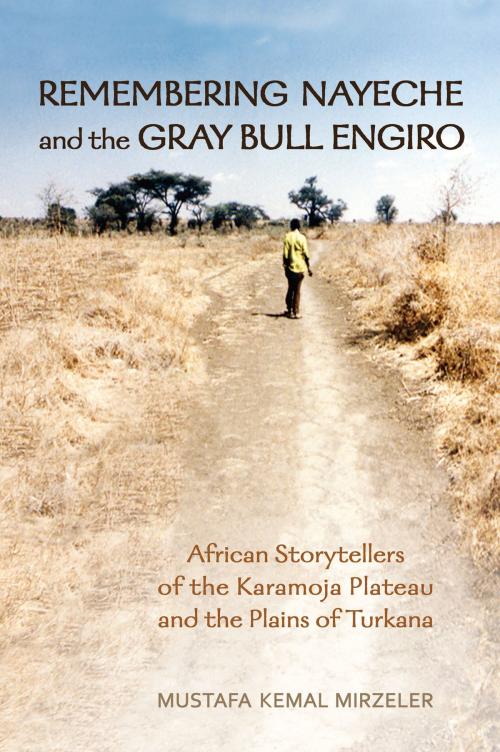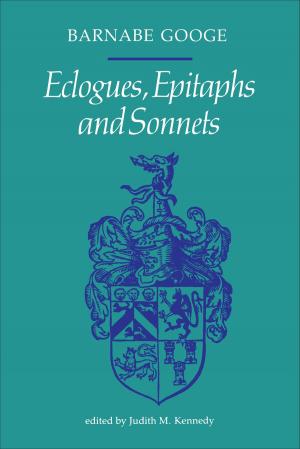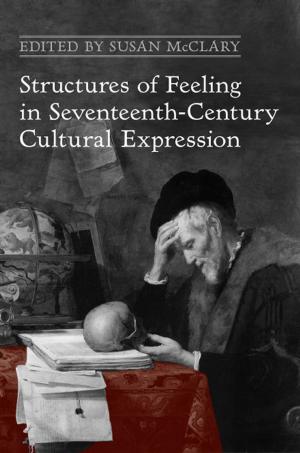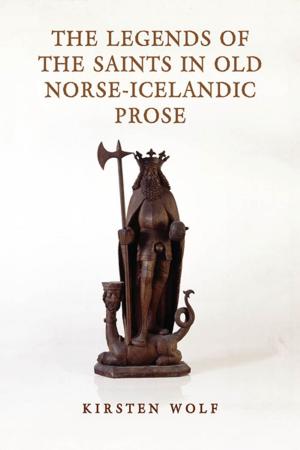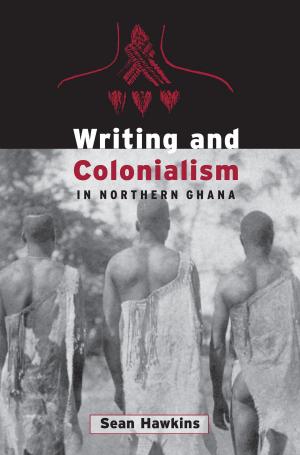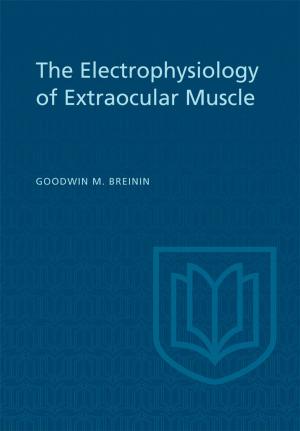Remembering Nayeche and the Gray Bull Engiro
African Storytellers of the Karamoja Plateau and the Plains of Turkana
Nonfiction, Social & Cultural Studies, Social Science, Anthropology, Fiction & Literature, Literary Theory & Criticism| Author: | Mustafa Kemal Mirzeler | ISBN: | 9781442617445 |
| Publisher: | University of Toronto Press, Scholarly Publishing Division | Publication: | April 30, 2014 |
| Imprint: | Language: | English |
| Author: | Mustafa Kemal Mirzeler |
| ISBN: | 9781442617445 |
| Publisher: | University of Toronto Press, Scholarly Publishing Division |
| Publication: | April 30, 2014 |
| Imprint: | |
| Language: | English |
The Jie people of northern Uganda and the Turkana of northern Kenya have a genesis myth about Nayeche, a Jie woman who followed the footprints of a gray bull across the waterless plateau and who founded a “cradle land” in the plains of Turkana. In Remembering Nayeche and the Gray Bull Engiro, Mustafa Kemal Mirzeler shows how the poetic journey of Nayeche and the gray bull Engiro and their metaphorical return during the Jie harvest rituals gives rise to stories, imagery, and the articulation of ethnic and individual identities.
Since the 1990s, Mirzeler has travelled to East Africa to apprentice with storytellers. Remembering Nayeche and the Gray Bull Engiro is both an account of his experience listening to these storytellers and of how oral tradition continues to evolve in the modern world. Mirzeler’s work contributes significantly to the anthropology of storytelling, the study of myth and memory, and the use of oral tradition in historical studies.
The Jie people of northern Uganda and the Turkana of northern Kenya have a genesis myth about Nayeche, a Jie woman who followed the footprints of a gray bull across the waterless plateau and who founded a “cradle land” in the plains of Turkana. In Remembering Nayeche and the Gray Bull Engiro, Mustafa Kemal Mirzeler shows how the poetic journey of Nayeche and the gray bull Engiro and their metaphorical return during the Jie harvest rituals gives rise to stories, imagery, and the articulation of ethnic and individual identities.
Since the 1990s, Mirzeler has travelled to East Africa to apprentice with storytellers. Remembering Nayeche and the Gray Bull Engiro is both an account of his experience listening to these storytellers and of how oral tradition continues to evolve in the modern world. Mirzeler’s work contributes significantly to the anthropology of storytelling, the study of myth and memory, and the use of oral tradition in historical studies.
